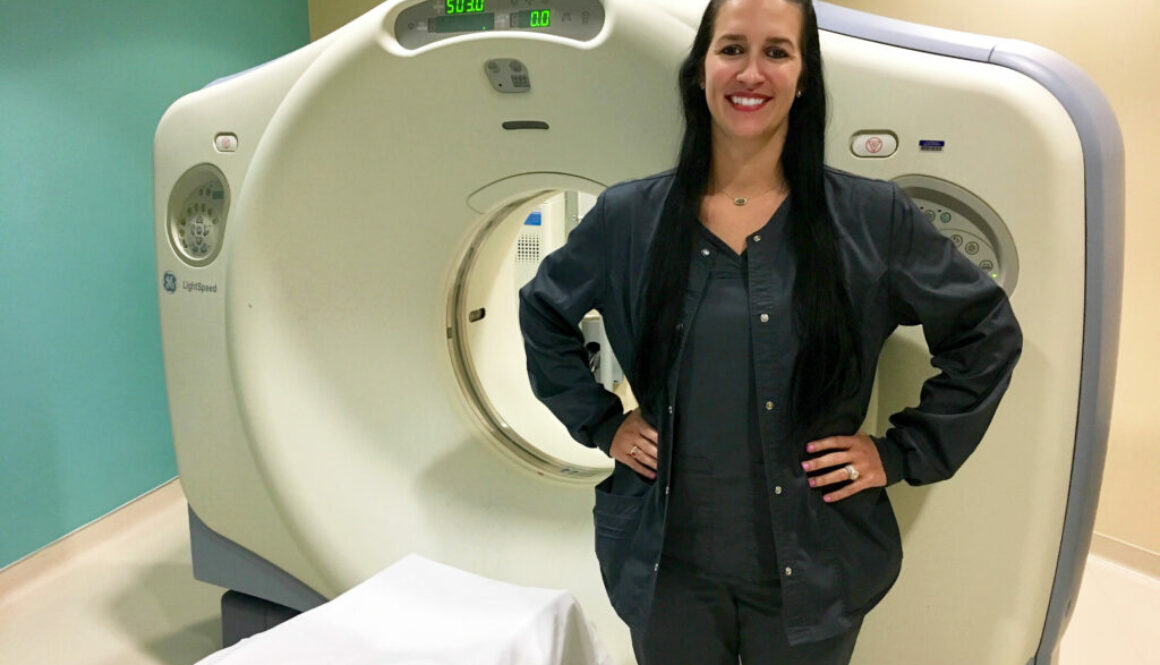New Year, New Goals: When to Visit the ER for Exercise-Related Muscle Strains
As the new year rolls in, many people embrace resolutions to improve their fitness, get active, and lead healthier lives. While regular exercise is a fantastic way to achieve these goals, it’s not without risks—especially if you’re pushing your body harder than usual. Muscle strains and other exercise-related injuries can happen even to seasoned athletes, making it crucial to know when to seek professional help.
At Victoria ER, we understand the importance of keeping you on track with your fitness journey. Our 24/7 emergency services and advanced imaging technology, including CT scans, X-rays, and ultrasounds, ensure that exercise-related injuries are diagnosed and treated quickly and accurately.
In our latest blog article, we discuss what you need to know about muscle strains, how to avoid them, and when a trip to the emergency room might be necessary.
What Are Muscle Strains?
A muscle strain occurs when muscle fibers are overstretched or torn. This can happen during intense exercise, improper movement, or overexertion. Strains range from mild (a slight pull) to severe (a complete tear) and are often accompanied by symptoms such as:
- Pain or tenderness at the site of the injury.
- Swelling or bruising.
- Difficulty moving the affected muscle.
- Muscle weakness or stiffness.
While mild strains may resolve with rest and home care, more severe cases may require medical attention to prevent long-term damage.
How to Avoid Muscle Strains
Preventing muscle strains is a key part of maintaining your fitness routine and achieving your New Year’s goals. Here are a few tips to keep you safe while exercising:
- Warm Up Properly: Stretching and light cardio before exercise can help prepare your muscles for more strenuous activity.
- Use Proper Technique: Whether lifting weights or running, maintaining the correct form can reduce the risk of injury.
- Gradually Increase Intensity: Avoid overloading your muscles by gradually increasing the duration or intensity of your workouts.
- Stay Hydrated: Proper hydration keeps muscles functioning optimally and reduces the risk of cramps and strains.
- Listen to Your Body: If you feel pain or discomfort, take a break. Pushing through pain can lead to serious injuries.
When to Seek Emergency Care
Most muscle strains can be treated at home with rest, ice, compression, and elevation (RICE). However, certain symptoms signal the need for immediate medical attention. Visit Victoria ER if you experience:
- Severe pain that doesn’t improve with rest.
- Visible deformities in the muscle, such as bulges or dents.
- Inability to move the affected limb.
- Significant swelling or bruising.
- Numbness or loss of sensation in the area.
These signs may indicate a severe strain, torn muscle, or even a more complex injury, such as a fracture or ligament tear.
Why Choose Victoria ER?
Victoria ER is here to support you on your journey to better health, offering top-tier care for both minor and major emergencies. Whether you’ve sustained a mild strain or a more severe injury, our advanced diagnostic capabilities and experienced medical team ensure you’re in expert hands every step of the way.
For exercise-related injuries, precise diagnosis is essential for effective treatment and a speedy recovery. That’s why we’ve invested in state-of-the-art imaging technology, including:
- CT Scans: Our advanced CT scanners provide detailed, cross-sectional images of your body, allowing us to identify internal injuries or rule out complications such as fractures, torn ligaments, or deep muscle tears that may not be immediately visible.
- X-Rays: Quick and efficient, X-rays are the go-to tool for detecting bone fractures, joint dislocations, or other skeletal issues that could accompany a muscle strain or occur during your workout.
- Ultrasound: Using sound waves, our ultrasound technology assesses soft tissue damage, such as muscle tears, tendon injuries, or fluid buildup, offering a real-time look at the injury to guide treatment decisions.
At Victoria ER, our skilled medical professionals don’t just rely on cutting-edge tools—they combine these technologies with their extensive expertise to develop tailored treatment plans that meet your specific needs. This comprehensive approach ensures you receive the most accurate diagnosis and effective care possible.
We understand how frustrating it can be to face setbacks while working toward your fitness goals. That’s why we prioritize quick, compassionate service to help you heal and get back to the activities you love. Our commitment to your well-being goes beyond treatment—we’re here to provide clarity, reassurance, and expert guidance throughout your recovery.
Stay Safe and Active
Exercise is a cornerstone of a healthy lifestyle, but it’s essential to prioritize safety. By warming up, using proper technique, and recognizing the signs of injury, you can minimize the risk of muscle strains and other exercise-related issues. And if the unexpected happens, remember that Victoria ER is always here to help.
Start the New Year strong, knowing that expert care is just around the corner. If you experience a muscle strain or any other exercise-related emergency, don’t hesitate to visit Victoria ER. With our state-of-the-art imaging services and 24/7 availability, we’re committed to keeping you healthy and active all year long.











